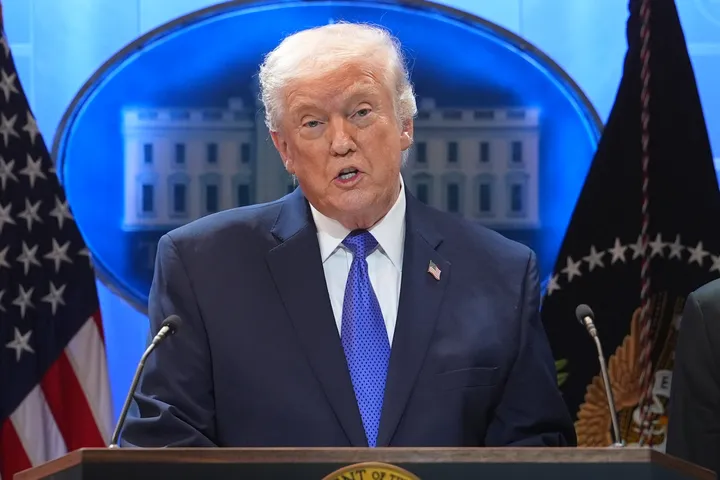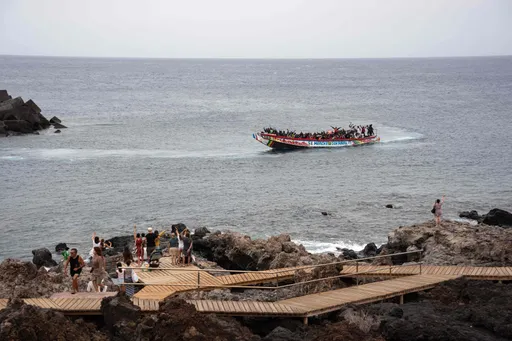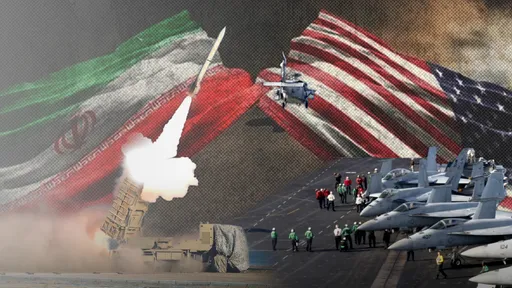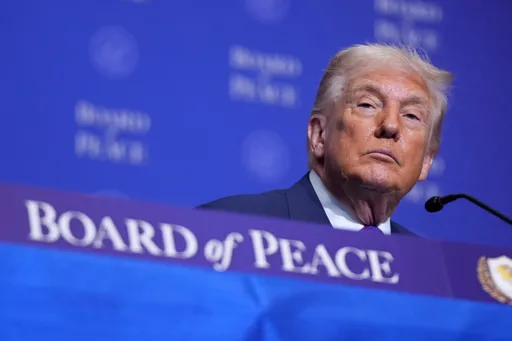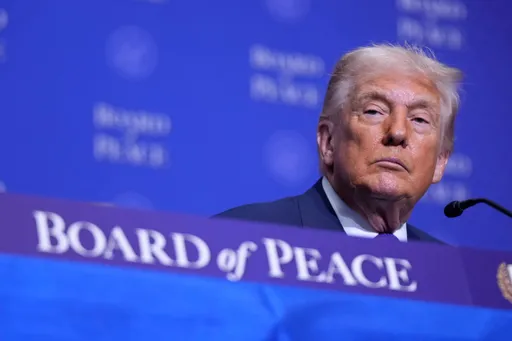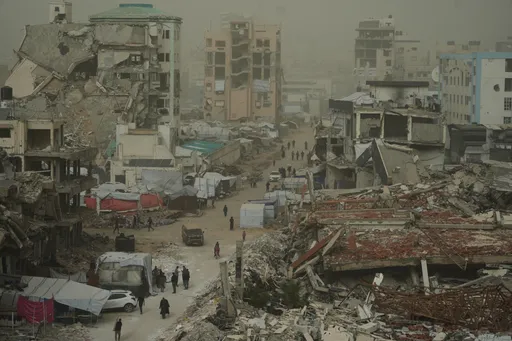The Nicaraguan government and civic groups on Friday agreed to halt all violence after two months of deadly political unrest, but President Daniel Ortega did not address a call by church mediators to allow for early elections.
The political protests have killed 170 people, injured hundreds more and brought the economy of the impoverished Central American nation to a halt.
TRT World's Philip Owira reports.
Most of the dead were anti-government protesters who demanded the resignation of Ortega, a former socialist guerrilla and Cold War-era US foe, blaming his administration for the violent crackdown on demonstrations.
The Catholic Church, which acted as a mediator, called for Ortega to allow early general elections in March of next year as a way to ease tension.
In a letter to the mediators Ortega did not address the request, but remained open to negotiations scheduled to continue on Saturday.
"The end of all violence is a basic necessity. Nicaraguans don't need any more violence," Foreign Minister Denis Moncada, the head government negotiator, told reporters.
Civic leaders said they were satisfied with the agreement that included setting up a international task force to investigate the killings during the protests that started on April 18.
They also agreed for the gradual removal, under the supervision of international organisations, of makeshift roadblocks that have snarled traffic and curbed trade.
The talks, which resumed earlier on Friday after being suspended, were marred by fresh violence in the capital, Managua, and disagreements between negotiators over the international inquiry.
A Reuters witness heard gunfire and saw police advancing with assault rifles in a neighborhood near a university campus.
University students have led demonstrations against what they say is Ortega's growing authoritarian rule.
The Nicaraguan Center for Human Rights, which has monitored the violence, said 170 people were killed in the eight weeks of clashes between pro-Ortega forces and protesters armed with rocks, slings and homemade mortars, with hundreds injured.
Ortega's surprise decision in April to slash pension benefits to cover a widening social security gap triggered the deadly confrontations, the bloodiest since a civil war ended in 1990.
Ortega, the leader of the Sandinista rebel movement in the 1980s, quickly abandoned the planned spending cuts. But the subsequent violent crackdown on protesters fueled nationwide demonstrations against him.

